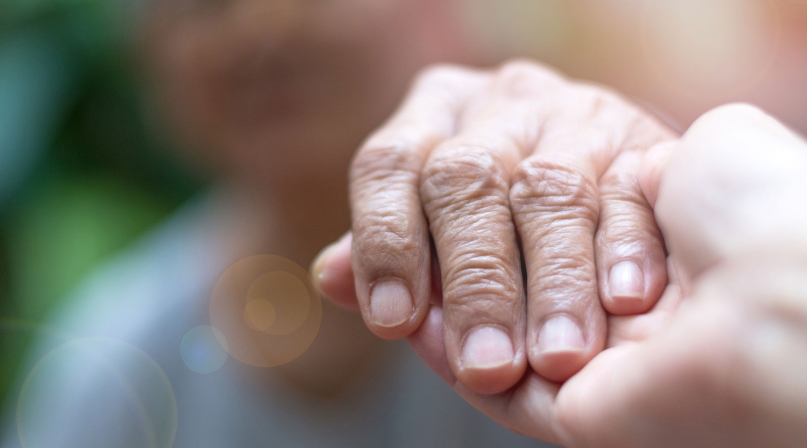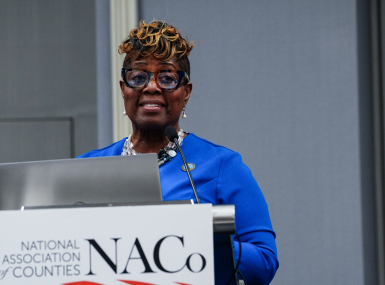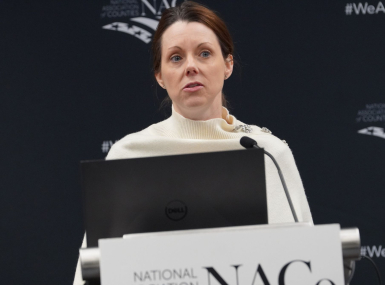Congress Introduces the Social Services Pandemic Disaster Relief Act
Author
Upcoming Events
Related News

Key Takeaways
On May 14, Representative Judy Chu (D-Calif.) introduced the Social Services Pandemic Disaster Relief Act (H.R. 6862). The legislation, cosponsored by Representatives Danny Davis (D-Ill.), Linda Sanchez (D-Calif.) and Jimmy Gomez (D-Calif.) would provide $10 billion in emergency funding through the Social Services Block Grant (SSBG) to states, localities, tribes and community-based organizations in response to the COVID-19 pandemic. Also included as a provision in the House-passed Health and Economic Recovery Omnibus Emergency Solutions (HEROES) Act (H.R. 6800), the bill would provide flexible resources to county governments as we serve our most vulnerable residents.
Counties applaud the quick actions taken by Congress to provide COVID-19 relief for vulnerable families and communities, including in the Families First Coronavirus Response Act (P.L. 116-127) and the Coronavirus Aid, Relief and Economic Security Act (P.L. 116-136). However, as the pandemic persists, many county administered human services programs—such as publicly funded child care, nutrition assistance programs, child welfare services and more—are struggling to keep pace with growing demand for services, especially as state and local governments face severe budget shortfalls. H.R. 6862 would help remedy this gap with funds that can be used to provide emergency services to disadvantaged communities who may not qualify for other relief from COVID-19, such as foster youth, tribes, older individuals, and other vulnerable populations.
Counties support supplemental funding for SSBG in response to COVID-19 given the program’s flexibility and history of helping local communities respond to emergencies. While SSBG is county-administered in 8 states, H.R. 6862 would direct additional federal funding to county governments by requiring states to pass through 50 percent of the funds to localities and/or community-based organizations that have experience working with vulnerable populations.
Counties urge the adoption of additional, flexible direct federal aid to counties of all sizes as we continue to respond to COVID-19.

Attachments
Related News

Congress seeking ‘common-sense solutions’ to unmet mental health needs
Rep. Andrea Salinas (D-Ore.): “Right now, it is too difficult to access providers … and get mental health care in a facility that is the right size and also the appropriate acuity level to meet patients’ needs.”

Prince William County transforms crisis care through "No Wrong Door" approach
Prince William County, Va.’s Crisis Receiving Center is bridging the gap between emergency room care and traditional outpatient care in behavioral crisis response and reducing burden on local law enforcement and hospitals.

Federal-level child welfare priorities center on supporting foster youth, families
Child welfare experts outlined current priorities at the federal level, including better supporting foster care youth who age out of the system and recruiting more foster parents, at NACo’s Human Services and Education Policy Steering Committee meeting.
